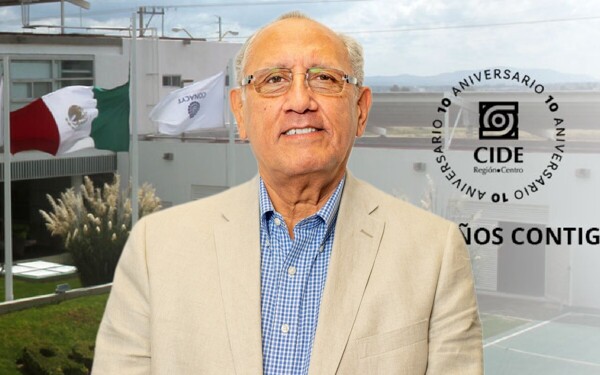
The Chamber of Deputies presented a reform initiative to the Federal Penal Code to sanction the use of artificial intelligence (AI) in the creation, manipulation, and distribution of intimate content without consent. The proposal, promoted by PT deputy Lilia Aguilar Gil, aims to add a paragraph to article 199 Octies of the regulation and was referred to the Justice Commission for analysis.
The initiative prioritizes the regulation and sanction of the malicious use of so-called deepfakes, a technology based on advanced algorithms that allows for the overlaying of faces and voices in falsified videos with a high level of precision. Aguilar Gil highlighted that this practice has generated serious consequences, especially for women, by making them targets of digital violence and violations of fundamental rights.
In the rationale, the legislator emphasized the lack of specific regulation regarding this phenomenon, which, she warned, contributes to normalizing digital violence and the objectification of women. She pointed out that deepfakes with explicit sexual content represent a form of sexist discrimination that reinforces gender stereotypes and strips victims of their identity.
Data from organizations specialized in cybersecurity indicate that more than 90% of deepfake content for sexual purposes published on digital platforms affects women, many of whom are unaware that their image has been altered. Among the most severe impacts are the loss of job opportunities, deterioration of mental health, social stigma, and re-victimization.
The deputy emphasized that the regulation of the use of AI for illicit purposes is crucial to protect the dignity, privacy, and security of individuals, ensuring a safe digital environment free from violence. Additionally, she highlighted the need to strengthen collaboration among technology platforms, government authorities, and civil organizations to address the problem comprehensively.














